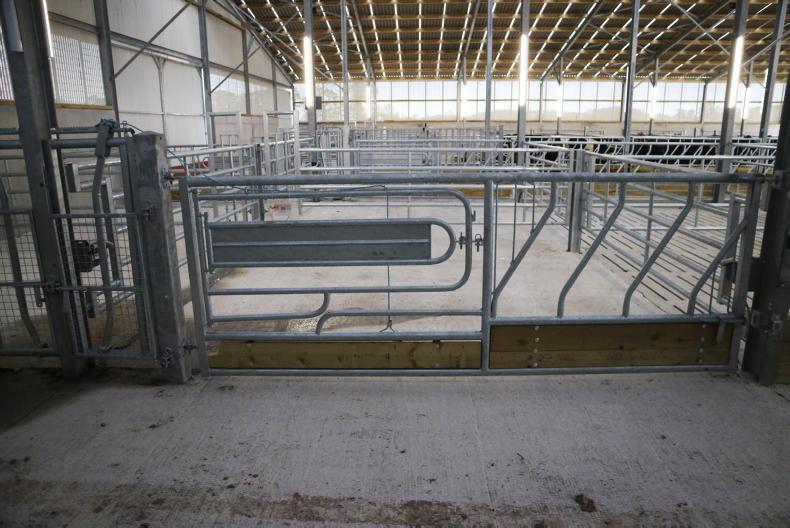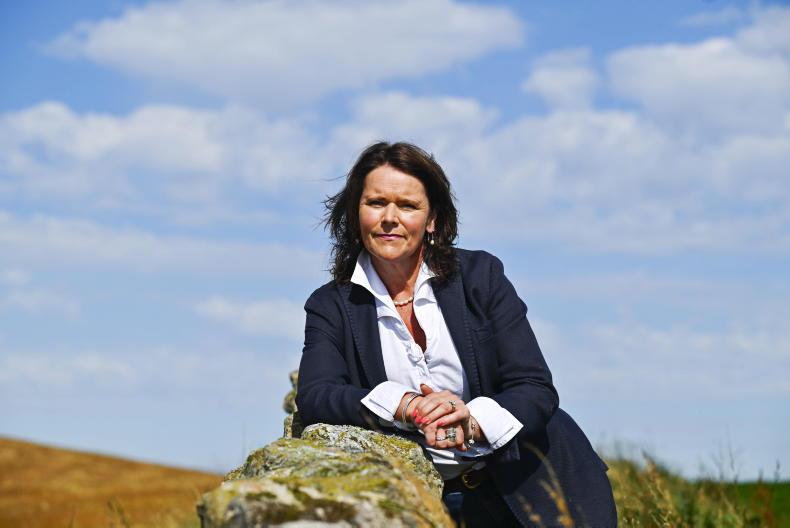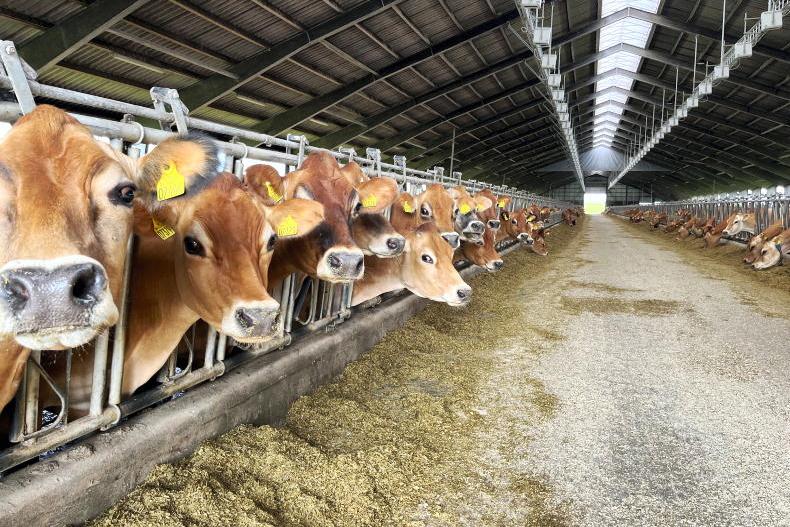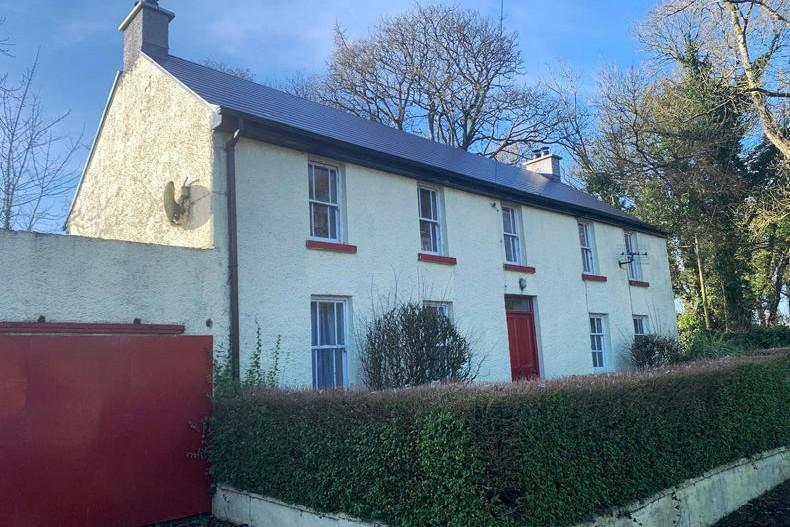Farms are often transferred to the son or daughter as they near the age of 35 for tax purposes alone, farmers at an ICMSA farm succession meeting in Tullamore heard last Wednesday.
However, farmers should have a plan in place 10 years earlier than that, Teagasc adviser Tom Curran warned.
“If you dwell and procrastinate, it [succession] can be the big elephant in the room that you shy away from,” he said.
“People sometimes confuse what succession is about. Succession starts when you begin to take interest in the day-to-day jobs on the farm.”
Succession
The definition of succession is the gradual transfer of management from one generation to the next. Inheritance is the legal transfer of ownership from one generation to the next. And farm transfer is a combination of succession and inheritance.
A partnership arrangement allows the younger generation to learn about management of a farm without transferring ownership of the asset, farmers were told.
A succession farm partnership must be registered with the Department of Agriculture before the successor is 32 in order to avail of young farmer top-ups and incentives.
“The big thing is to look at what you are doing now, look at your family situation, talk to people and engage professionals as soon as possible,” Curran advised.
Of the 139,100 family farms in Ireland, over 55% of farmers are aged over 55, while just 5.9% are aged under 35.
Almost half of farmers say they have no successor identified.
The biggest driver of farm transfers is the Fair Deal Scheme, agri-solicitor Aisling Meehan said.
Both speakers recommended that when transferring a farm, farmers should challenge the professionals doing the paperwork to work together in order to avoid any pitfalls.
“I’ve found a lot of situations where a farm transfer is done but there is no mention of BPS or entitlements. It can affect other farm schemes too,” Curran said.
Read more
You could be further up the succession ladder than you think
Is it worth writing a will?
Farms are often transferred to the son or daughter as they near the age of 35 for tax purposes alone, farmers at an ICMSA farm succession meeting in Tullamore heard last Wednesday.
However, farmers should have a plan in place 10 years earlier than that, Teagasc adviser Tom Curran warned.
“If you dwell and procrastinate, it [succession] can be the big elephant in the room that you shy away from,” he said.
“People sometimes confuse what succession is about. Succession starts when you begin to take interest in the day-to-day jobs on the farm.”
Succession
The definition of succession is the gradual transfer of management from one generation to the next. Inheritance is the legal transfer of ownership from one generation to the next. And farm transfer is a combination of succession and inheritance.
A partnership arrangement allows the younger generation to learn about management of a farm without transferring ownership of the asset, farmers were told.
A succession farm partnership must be registered with the Department of Agriculture before the successor is 32 in order to avail of young farmer top-ups and incentives.
“The big thing is to look at what you are doing now, look at your family situation, talk to people and engage professionals as soon as possible,” Curran advised.
Of the 139,100 family farms in Ireland, over 55% of farmers are aged over 55, while just 5.9% are aged under 35.
Almost half of farmers say they have no successor identified.
The biggest driver of farm transfers is the Fair Deal Scheme, agri-solicitor Aisling Meehan said.
Both speakers recommended that when transferring a farm, farmers should challenge the professionals doing the paperwork to work together in order to avoid any pitfalls.
“I’ve found a lot of situations where a farm transfer is done but there is no mention of BPS or entitlements. It can affect other farm schemes too,” Curran said.
Read more
You could be further up the succession ladder than you think
Is it worth writing a will?










SHARING OPTIONS